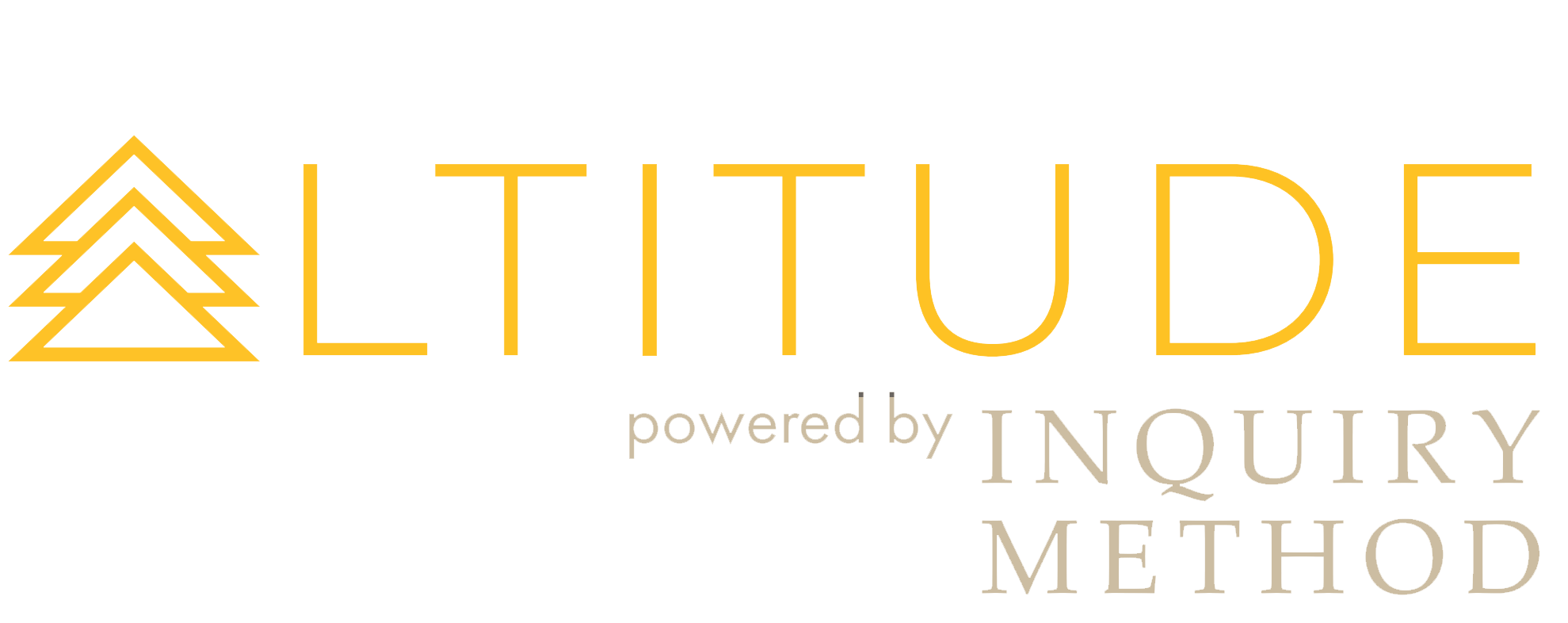The excitement and possibility of inquiry is when you can access the deep well of resources within you that brings new insight and awareness for growth.
Read MoreTruth is a fact, it is data, and it is measurable, collectable, recordable, and experiential. The opposite of truth is opinion, judgment, and interpretation. A simple example would be the difference between someone saying to another person “what you said is hurtful” vs. “when you said (x) I felt hurt”, the first interprets the others intention and the second is simply reporting the external and internal data.
Read MoreMost of us experience some interactions with other people where we feel like a victim of the other person; we let them take the lead and have the power in the interaction. This can be over the long term or short. We allow ourselves to be “at-affect” of others.
Read MoreIt is interesting to look at language, it is the source code of your thinking and your thinking has a huge effect on your perception of life. Often times when we change our language we change our experience.
Read MoreOur minds are constantly making up stories about what things mean. Particularly about what other people’s behavior means about us. What other people do is rarely about us, it is about them.
Read MoreIn finding retreat sites for experiences I used to be a hard negotiator. I would get the price down to the least amount, the best deal I could get. I just figured that it was good business and I was a good negotiator. Then when I got there I was surprised about a negative attitude, problems, and issues.
Read MoreIn physics, at a very small scale, they have found that the act of observation impacts the outcome and the data produced. The same is true in your business.As a leader, what you notice, what you pay attention to is your most powerful leadership tool.
Read MoreAs I have spoken before, the Inquiry Leadership model approaches leadership from the idea of mentoring and developing people. In this model the primary relationship between a leader and employee is as a mentor. In this view the mentee is the hero and the leader is the supporter. I like to think of the relationship between King Arthur and Merlin.
Read MoreWhat is your reaction to being controlled?I can always detect control, because when my system recognizes control, I resist. It may be subtle, but I can feel the beginning of a sense of resistance. To free myself from this resistance to being controlled, I simply give myself a choice about what I want to do. How can you tell if you are being controlling? You will feel or experience resistance from the other person. This is 100% effective.
Read MoreThere are two aspects to the Inquiry Method perspective. One has to do with our external orientation, our interaction with life. This is the externalized aspect of inquiry. When we use inquiry to interact with life, we approach the world with curiosity and wonder.
Read More
